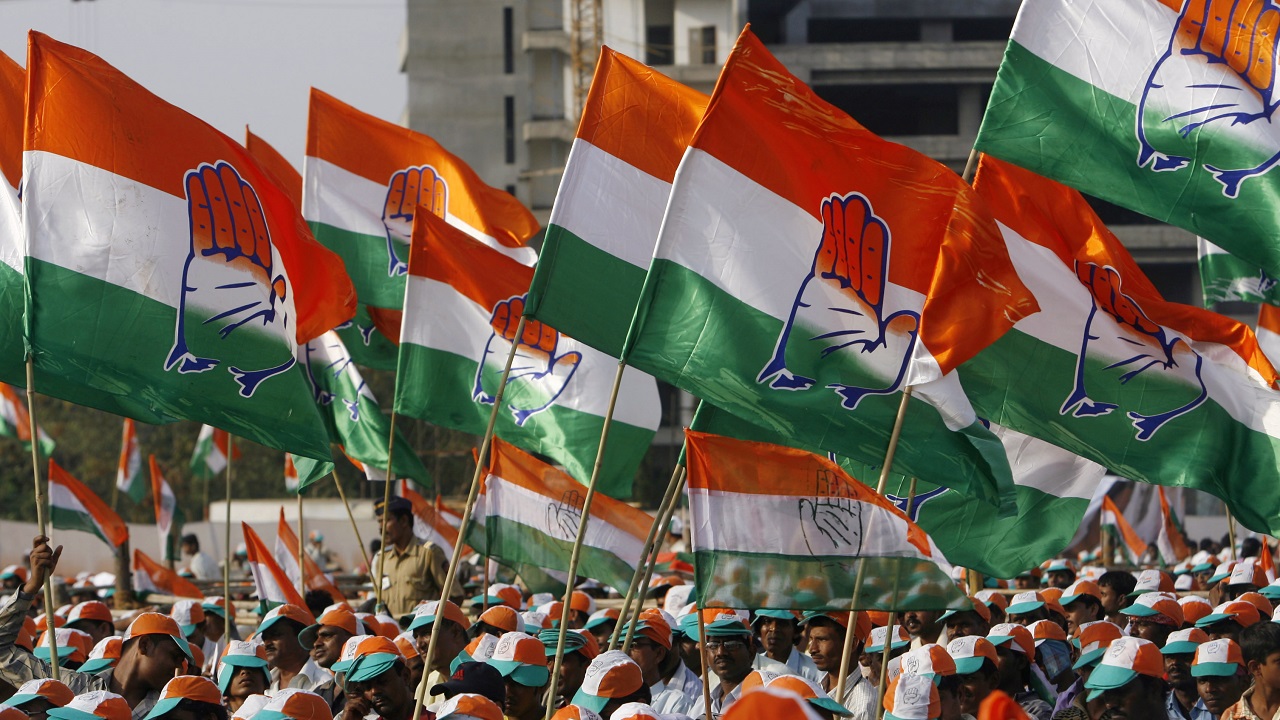New Delhi: Despite the announcement of withdrawal of the three farm laws, many political parties, including the Congress, are trying to create new obstacles by demanding minimum support price, compensation, free electricity etc. While it is necessary for the farmers to get a fair price for their yields, but, according to the requirement of the country, fair prices can be found only when the priorities of production of cereals and oilseeds are decided. Similarly, to export India’s fruits and vegetables, the government and the private sector will have to make big arrangements for road, rail, air facilities and economic resources. The list of demands and expectations can go on and on. But do the demanding organizations and their leaders not realise that in the last two decades, lakhs of youths from the same farmers’ families have started working in different cities of the country? The population of middle and low-income groups has increased. Why isn’t necessary to protect their economic interests?
Some leaders advocating the “good” of the farmers, object even to the modernisation of the villages. They argue that development plans in villages or in tribal areas will have an impact on their native culture and environment. Similarly, some organisations have started demanding the fixing of the minimum support price of fruits, milk, eggs, etc., like cereals. Can this be called practical? Such control is not possible even in Communist countries. The availability and consumption of fruits, milk, eggs vary from city to city. Prices can be higher or lower even if there is a lack of limited means of transport or production of useful products for their area and the purchasing power of the population. By the time of 75 years of Independence, the population of middle and lower middle classes in the agricultural country would have become about 60 crore. The credit for this goes not only to one party, but also to the entire democracy. After elementary education in rural government schools, lakhs of youths are working in various fields after getting a good higher education. They are still sending some parts of their income to their families in the villages by doing job or business in Delhi, Mumbai, Bangalore, Kolkata or other cities. About 30% of the country’s 70% income tax belongs to this middle class. The consumption of the yields produced by the hard work of the farmers finally reaches this middle class.
The second important issue is that any ruling party and government keep billions of rupees from any of its “tree of life” in the state treasury. Income comes only from the taxpayers of the country. Then funds are arranged from the private sector and international institutions for development works. The irony is that some political parties or other organisations agitate against taking land for the construction of highways, flyovers, power plants, industries, and airports by instigating the gullible rural people. Due to this, delay in any development work increases the cost by several thousand crores.
As far as the urban middle class is concerned, every political party makes electoral promises to give them relief. Different parties have governments in the states. But like most of the democratic countries of the world, even today there is no proper arrangement of social security in India. For those who are not in government service, there is no provision of proper pension for basic facilities after the age of 60. These days, Prime Minister Narendra Modi and his government are announcing many schemes for a self-reliant India. Now, for the next financial year, Finance Minister Nirmala Sitharaman is discussing the budget. Then why is this problem not considered that why tax is also charged on limited fixed deposit interest of the people who pay half-life tax by self-employment? A woman or a man of the middle class has to depend on the savings of her earnings. But the income from his regular earnings is also taxed. There are many schemes to take loans from banks, but there is no provision to repay it. Why is a scheme like giving 50% of the income of middle-class unmarried or widowed women till 60 years as pension not thought of? In countries like the United States of America, there is provision to pay 70% of their income as pension to this class. In India, government health schemes are for the poor, but for the middle class, the installments of private-sector health insurance are substantial and most of them only get some amount on hospitalization. They have to pay taxes every year for municipal corporations. They have to spend on electricity and transport facilities. They do not want to be dependent on any family member. That’s why we expect from governments.
This is the reason that despite all the efforts and claims of the Modi government, there is an outcry on inflation in the urban areas. This issue of inflation is not being raised for the first time. But the disquiet of the middle class is the highest due to the economic distress caused by the corona pandemic. Rural people remain satisfied even with limited resources. It is true that even by providing houses, gas, toilets, electricity to farmers or rural families, ruling parties can get electoral success. But can India’s future be made dim by ignoring the problems of self-dependent people coming out of the same rural families or by instigating their feelings only for political interests? There is also a danger of only instigating the opposition by being in the opposition; the same instigation may become more violent if tomorrow they come to power. However, it should be expected that in the upcoming budget (2022-23), along with more facilities and benefits for farmers and rural areas, there will also be a provision for some revolutionary schemes to protect the interests of the urban middle class.
The author is the editorial director of ITV Network-India News and Dainik Aaj Samaj.
Congress trying to create new hurdles by demanding MSP
- Advertisement -

